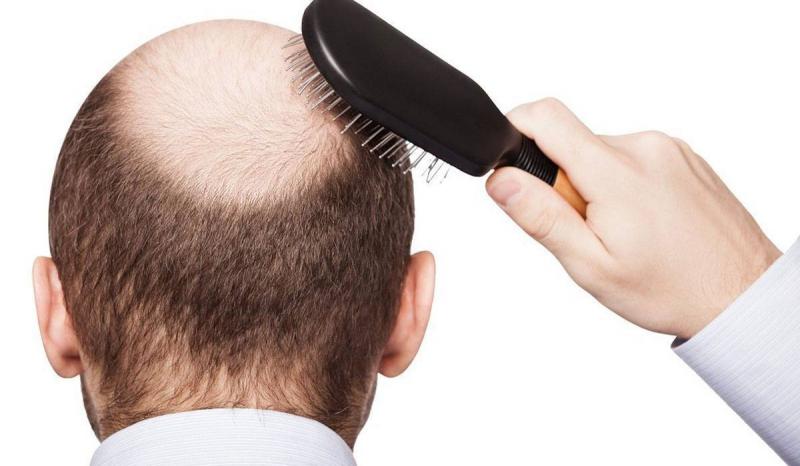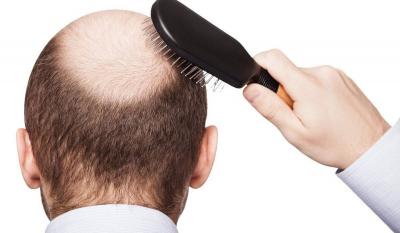Hair loss is a very common problem, especially among men, with about 85% affected by this condition by mid-life, and there isn't much that can be done to stop it. Now, a team from the University of Manchester claims to have discovered an ancient biological mechanism that leads to a stress response in hair follicle cells, resulting in restricted hair growth. The team explains that "the biological stress response can cause hair follicles to stop and die, depriving people of their hair. As a result, they say they may be one step closer to a treatment for hair loss."
The team unexpectedly discovered the link during a laboratory experiment where they were testing a drug to see if it could stimulate human scalp hair follicles. The analysis revealed that when a mechanism called the Integrated Stress Response (ISR) is activated, it has a negative impact on hair growth. This response is significant because it allows cells to dampen their usual activities when exposed to stress, becoming partially dormant to adapt and cope with the stress.
For example, a hair follicle cell may experience stress as it ages and becomes less capable of producing proteins properly. However, if the Integrated Stress Response (ISR) is excessively activated, it can lead to cell death, thus limiting healthy hair growth. The team stated that finding a way to stop the overactivity of the Integrated Stress Response could lead to a treatment to prevent hair loss.
The team is now looking to gain a better understanding of the impact of the Integrated Stress Response in hair follicles and study its activity in individuals suffering from hair loss conditions. Dr. Talvin Borba, the study's lead author, remarked, "We are very optimistic because we believe that activating this pathway could play an important biological role in restricting hair growth in those with hair loss conditions, meaning that targeting it could lead to new treatments." Co-author Derek Bai added, "When we look at hair follicles under the microscope, it is astonishing how consistent the response is among hair follicles from different individuals." Dr. Borba noted that although there are currently no known drugs with effects on the Integrated Stress Response, some are being investigated in other contexts.




